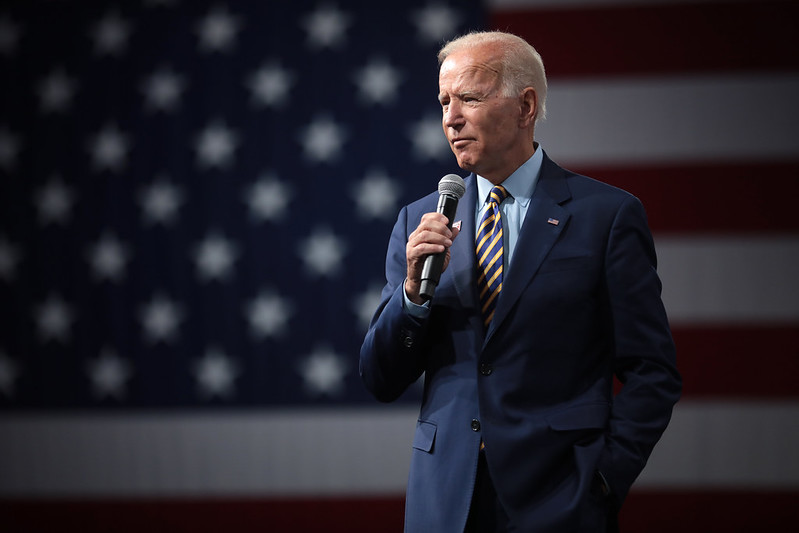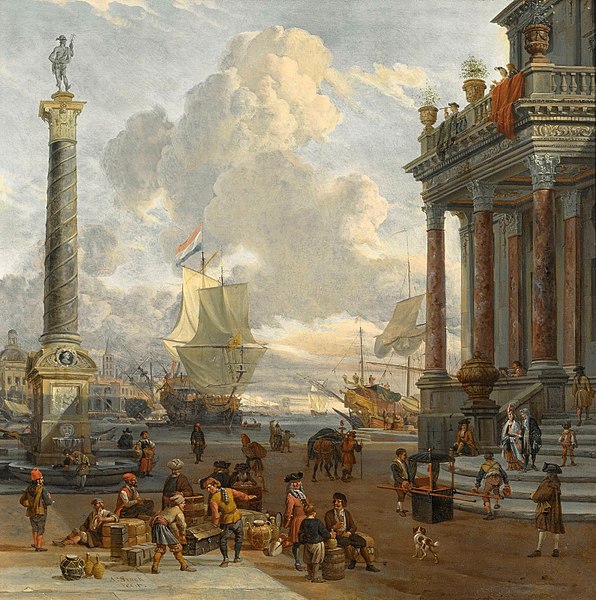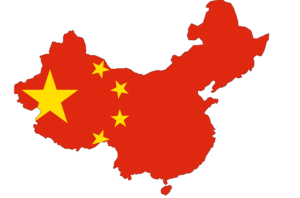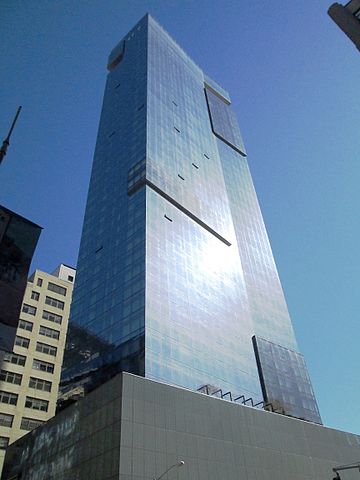
At 78 years old Joe Biden is the oldest president-elect in US history—but that did not stop young people from voting for him in droves. More than half of registered voters under 30 voted in the 2020 election, the largest percentage ever says the Center for Information and Research on Civic Learning and Engagement at Tufts University.
That historic engagement of the young, benefited Biden, since he received 60% of their votes, compared to only 36% that the incumbent, Donald Trump received. In contrast, the previous presidential election in 2016 only inspired 42%-44% of this demographic to vote for either Hillary Clinton or Trump. Four years ago, many of the same voters supported Clinton, but by a smaller spread of only 19 points: 55% to 36%.
In Colorado, Georgia, Montana, Nevada, Oregon, and Washington preliminary data are showing a large increase in youth coming to the polls to vote.
Chief Executive Officer Tom Bonier at the Democratic data firm TargetSmart, explained to The Hill that “the increase in turnout among younger voters was greater than the increase overall.”
The Biden campaign was well-aware that support for Clinton in 2016 waned in many large population centers, so they worked hard to showcase issues that are important to younger voters. Some of those issues include student debt, health care, and environmental regulations.
“In the key battlegrounds, those younger voters likely netted Biden enough votes to carry the Electoral College,” according to The Hill. “Based on turnout and exit poll data, the Tufts center estimates voters under 30 gave Biden enough net votes to carry Arizona, Georgia, Pennsylvania, and Michigan.”
Young Black voters were especially supportive of Biden, with 87% voting for Biden and only 10% supporting Trump. Almost as dedicated to Biden were young voters from Asian and Hispanic backgrounds with 83% of young Asians and 73% of young Hispanics voting for Biden. Among young white voters, the support was less pronounced, with 51% supporting Biden at the polls.



